With its quirky rounded exterior, Canoo caught the attention of plenty of potential electric vehicle buyers. However, the looks weren’t enough to translate to sales and profits. Canoo filed Chapter 7 bankruptcy.
While the rounded minivan-style vehicle was what it was best known for, Canoo also offered other more conventional-looking vehicles. It provided vehicles to several government organizations, including NASA, the Department of Defense, the Unites States Post Office, the state of Oklahoma as well as Walmart.
However, none of that was enough to keep it from ceasing operations and begin selling assets as it headed to U.S. Bankruptcy Court for Delaware. The move shows that EVs are a tough business, as others like Fisker Inc., Via Motors, Lordstown Motors Corp. and Proterra, all learned in the last 18 months.
Swinging til the end
Canoo, which seemed to curry favor with EV fans due to its unconventional look, has been seeking additional capital for most of the past 12 months, including new investors as well as attempting to secure a loan from the U.S. Department of Energy’s Loan Program Office.
“We would like to thank the company’s employees for their dedication and hard work. We know that you believed in our company as we did,” said Tony Aquila, one of the company’s largest investors and Chairman and CEO said, in a release.
“We are truly disappointed that things turned out as they did. We would also like to thank NASA, the Department of Defense, The United States Postal Service (“USPS”), the State of Oklahoma and Walmart for their belief in our products and our company. This means a lot to everyone in the company.”
The company laid off its 82-person workforce and closed its plant in Oklahoma in mid-December while it tried to secure additional capital. Canoo also effected a 1-for-20 reverse stock split last month as well, which may have been the clearest sign the end was near.
“The Board implemented the reverse stock split with the objective of bringing the Company into compliance with the minimum bid price requirement for maintaining the listing of its Common Stock on Nasdaq, and to make the bid price more attractive to a broader group of institutional and retail investors,” the company wrote in a release.
Nasdaq requires, among other things, that a listing company’s common stock maintains a minimum bid price of at least $1 per share. To evidence compliance with this requirement, the closing bid price of the Company’s Common Stock must be at least $1 per share for a minimum of 10 consecutive business days by June 2, 2025.
More Canoo News
- EV Startup Canoo Teeters Over the Edge
- From Bad to Worse — Startup EV Brands Face Mounting Problems
- Politics Becoming Less of a Factor in the EV Market
How we got here
Originally named Evelozcity, Canoo was founded in 2017 by Stefan Krause, the former CFO of Deutsche Bank, and Ulrich Kranz, a former executive at BMW. Both had gotten their feet wet in the EV industry while working at Faraday Future.
Canoo worked to create a niche for itself with what it described as a vehicle using “minimalist design that maximizes interior space.” It eventually rolled out several body concepts, including a van and a pickup. But early problems, including product development delays and financial issues, led it to abandon the retail vehicle market to focus on commercial products, such as all-electric delivery vans.
In mid-2022, Canoo warned investors that it had “substantial doubt” it would have the cash to launch production later this year. However, the company did have customers. Walmart placed an order for 4,500 LDVs, or “Lifestyle Delivery Vans,” in July 2022 — Canoo saying the mega-retailer had the option to purchase another 10,000.
With $100 million in potential tax breaks and other incentives, Canoo launched production at a factory in Oklahoma a year later.

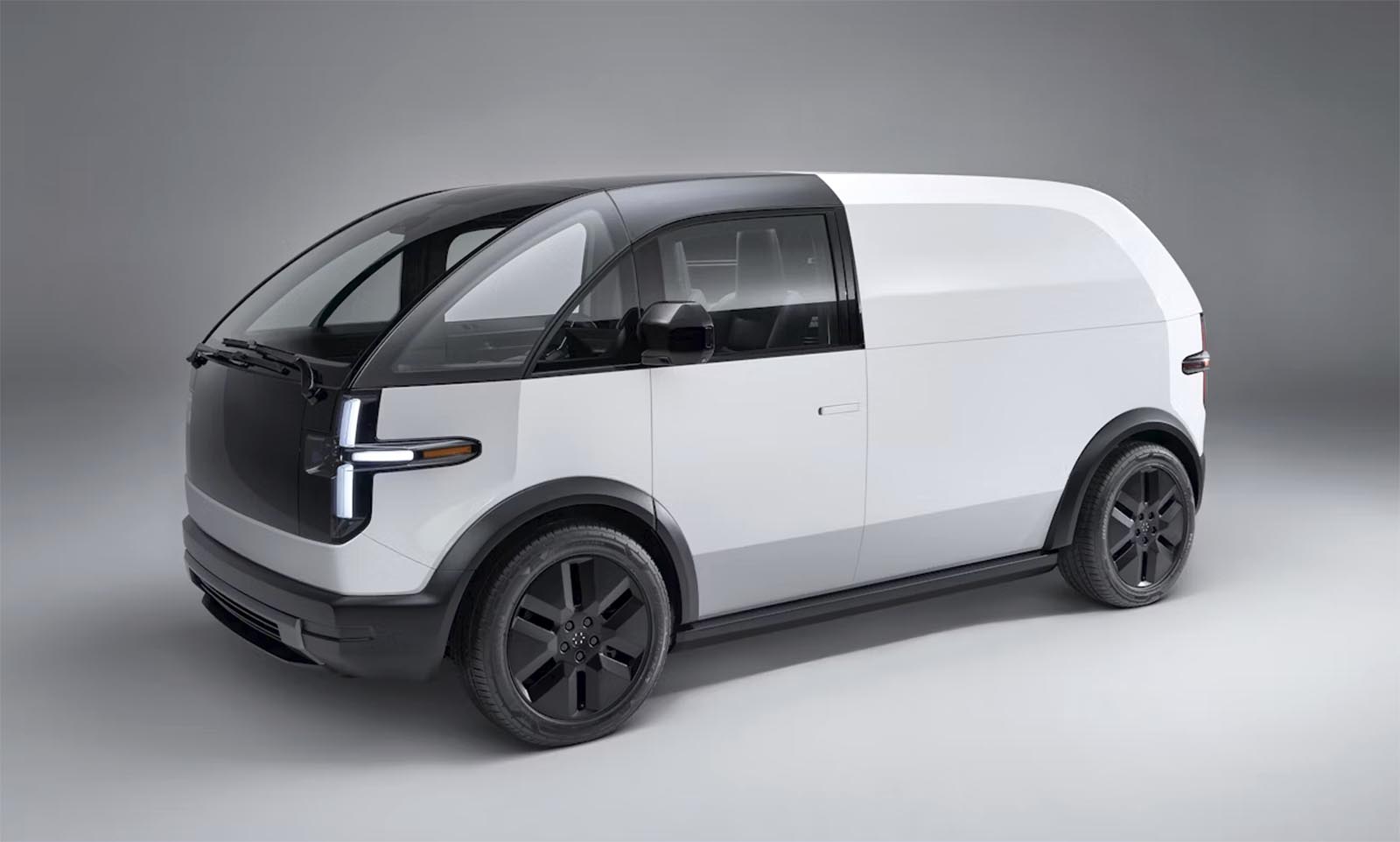


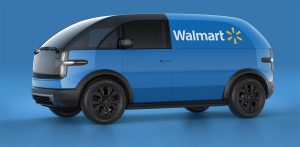
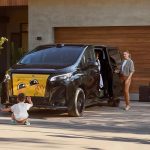
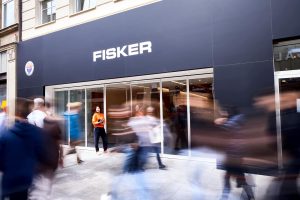
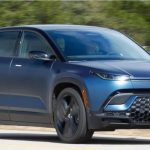
0 Comments